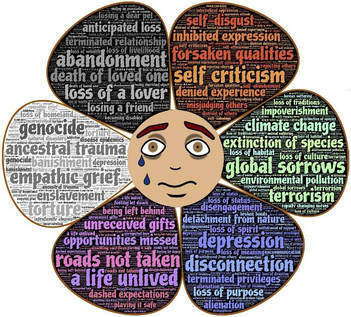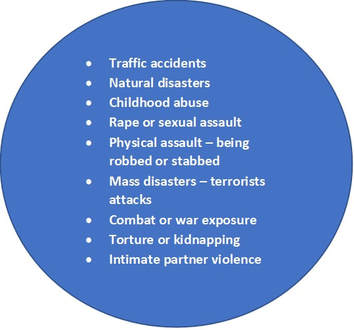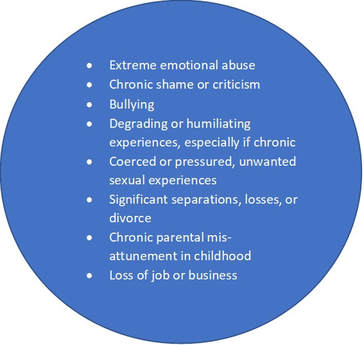|
We are a full-service private practice offering a variety of therapeutic services conveniently located in Old City, Philadelphia.
|
Important Links
Blog
|
GET IN TOUCH |
Copyright © 2018 Turning Leaf Therapy LLC All Rights Reserved.






